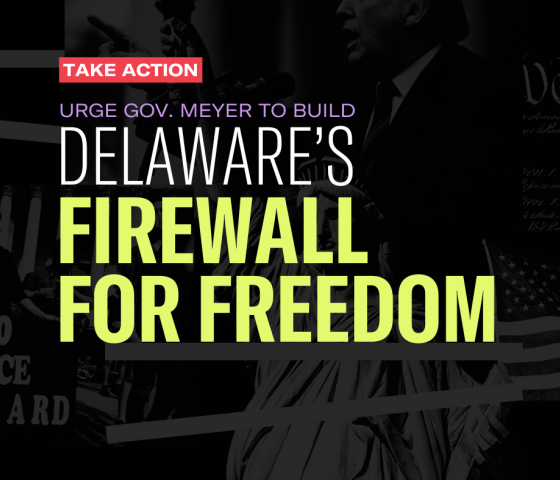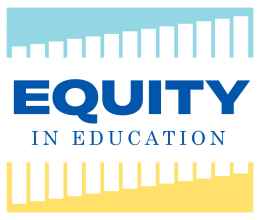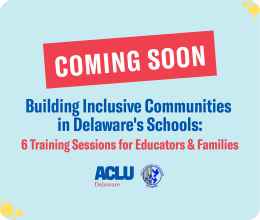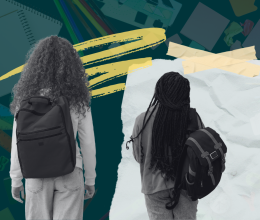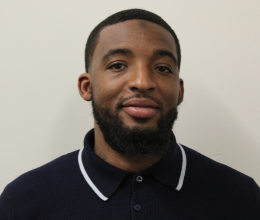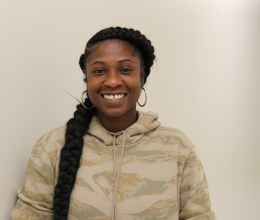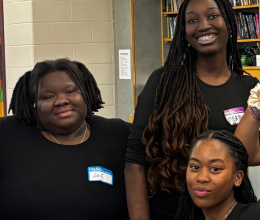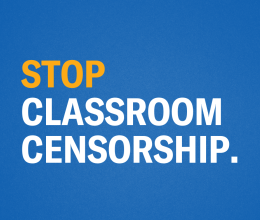Scholars Engaged for Action (SEFA), our after-school engagement program, aims to mobilize students as leaders who understand, interpret, and help in developing a school-wide culture that fosters civic engagement and community problem-solving.
SEFA is just one part of our larger Equity in Education campaign, a comprehensive initiative designed to support educators, engage parents and caregivers, and empower students.
Shannon Griffin, our senior policy advocate, partnered with Melva L. Ware, Ph.D., education advocate, to develop and implement the Scholars Engaged for Action (EFA) program in 2021.
Students in the SEFA program, which consists of grades 4 - 8, are engaged in after-school personal development and service activities that support and strengthen core academic skills in literacy and numeracy while inspiring self-confidence, efficacy, and civic engagement. Instead of exclusively focusing on academic proficiency, SEFA students work in clubs or teams to use reading, writing, research, data collection, data analysis, critical thinking, and public speaking skills to create action plans that address community issues about which they are passionate.
The SEFA programs convene in two nine-week sessions.
The first three units emphasize becoming an engaged community that plans and acts to achieve positive change, allowing students to experience a five-stage process:
- Form the service community;
- Identify an action issue;
- Plan and review the action;
- Conduct the action; and
- Document and share the action’s results.
The final three units emphasize developing leadership abilities within an engaged school culture. Students are expected to identify personal and community achievement goals, seek out enrichment opportunities, and demonstrate self-advocacy skills.
This program is based on recommendations and strategies from national service ideas such as Americorps, the National Research Council, Institute of Medicine, and Community Programs to Promote Youth Development (2004), edited by J. Eccles and J. A. Gootman.
Our program assists schools in focusing on accelerating learning, raising expectations for performance, and normalizing help-seeking behavior — including within peer-to-peer interactions.
If you’re a student, parent, or educator who is interested in bringing the Equity in Education campaign to your school, please reach out to Shannon Griffin at [email protected].
Please note: The above link will take you to a third-party website, docs.google.com.
Participating schools
This program wouldn’t be possible without the collaboration of our partners at participating schools, and of course, without the participation of students. A special thank you to everyone who’s been part of a SEFA program with us.
The Charter School of New Castle
CHECK OUT OUR LATEST REPORT!
Charter School of New Castle (CSNC): Education Equity and Safe Schools Initiative 2021-2023 Model for Creating an Inclusive School Climate
By: Melva L.Ware, ACLU-DE Consultant for Curriculum Development and Evaluation
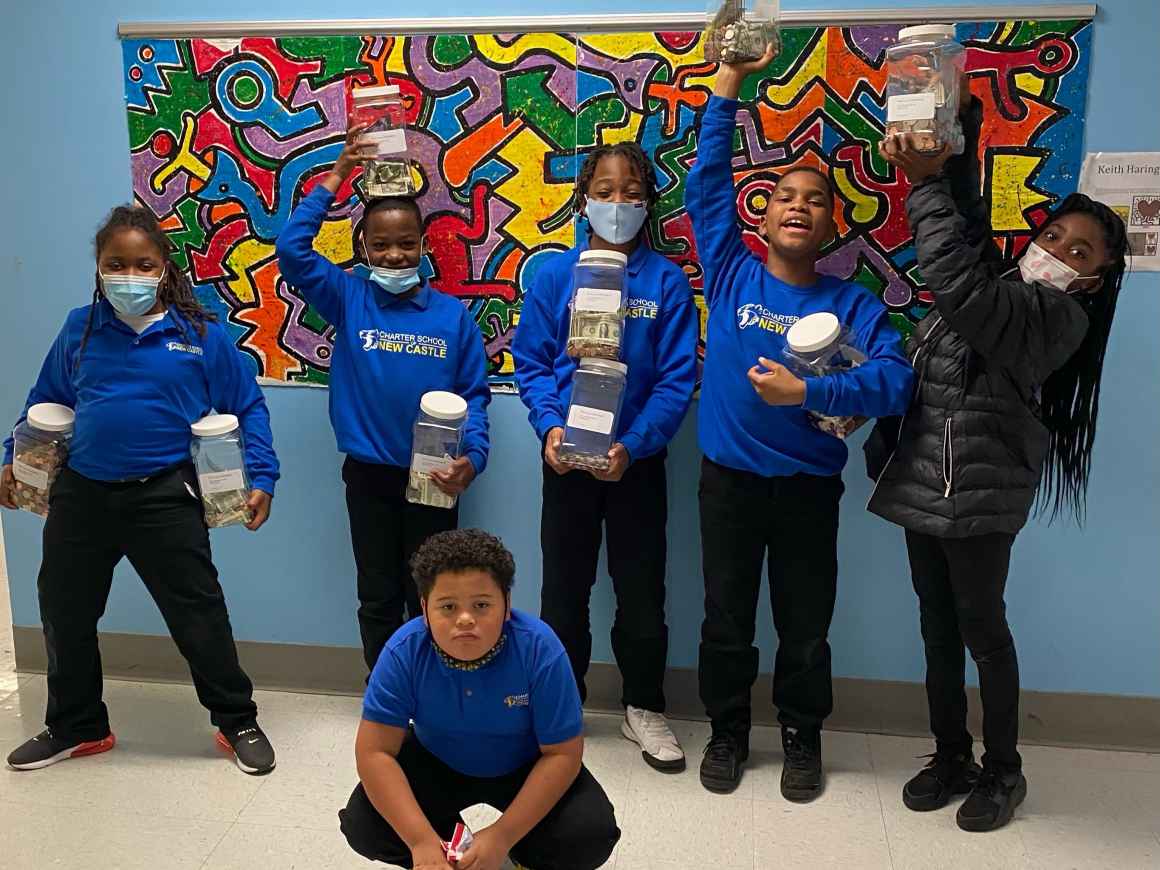
The ACLU of Delaware has made significant investments in Education Equity and Safe Schools in the state. We have taken a more granular look at elements of equity. These are defined in research that examines the essential value of school climate and social-emotional factors that influence achievement and reflect, at the school building and classroom levels, a school’s commitment to inclusive practices that allow all students opportunities to thrive. This work has proceeded by responding to a key question that should establish a framework for working within any school community that seeks to craft inclusive school practices.
Many in education pursue equity through single dimensions with the most prevalent being budget and financial resources. While funding is important, spending levels alone do not produce equitable access to high quality educational opportunities.
